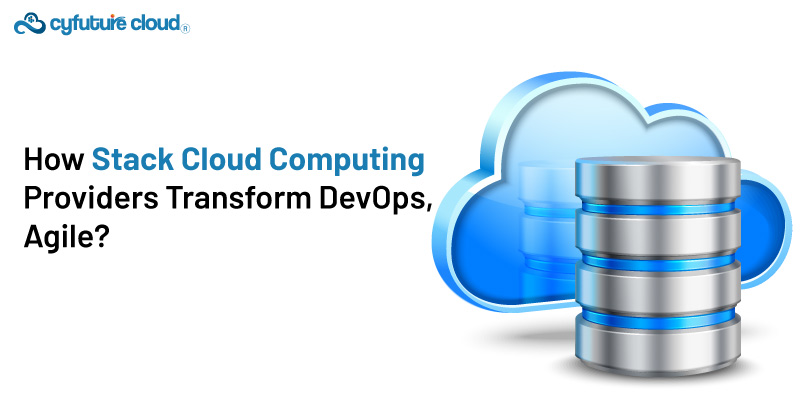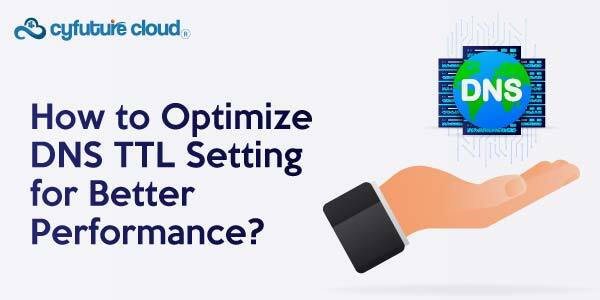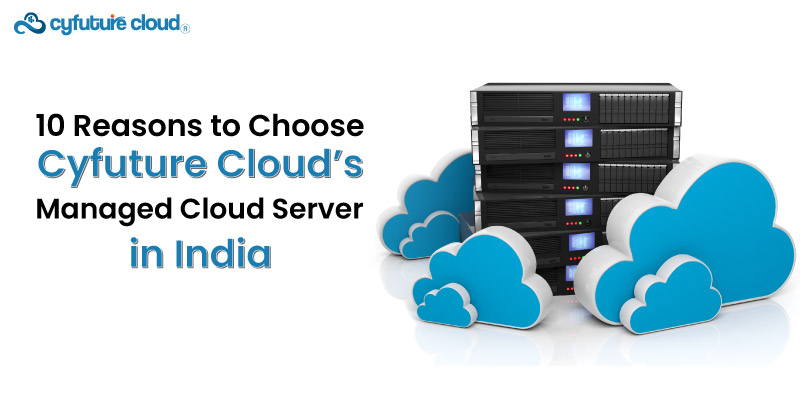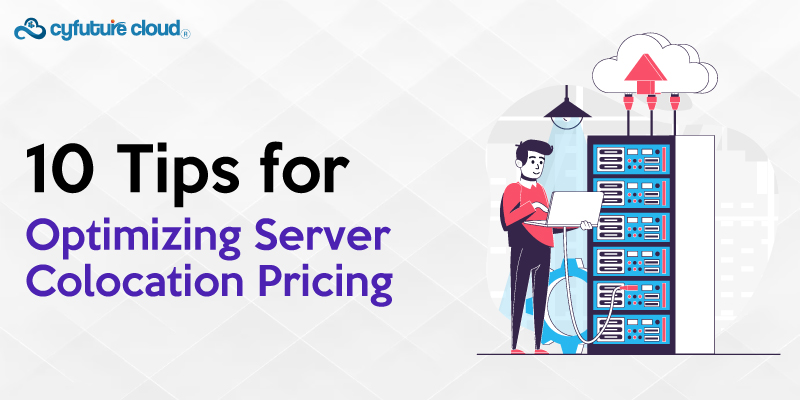Table of Contents
Overview:
In the recent advanced technology of landscape cloud computing has become an integral part. There are numerous benefits of cloud computing, including increased agility, flexibility, scalability, and cost savings. These benefits have made cloud computing an attractive investment opportunity for both individual and institutional investors.
However, investing in cloud computing requires a certain level of knowledge and understanding of the market. There are methods available to enhance ROI and maximize the value of your cloud budget, which is a fortunate circumstance.
In this blog post, we will discuss cloud computing investment strategies and how to make the most of your money when investing in this fast-growing industry.
Understanding Cloud Computing and the Market
Before investing in cloud computing, it is essential to understand what cloud computing is and how the market operates.
Cloud computing is the delivery of computing services, including servers, storage, databases, networking, software, and analytics over the internet. Cloud computing allows businesses to use these services on a pay-as-you-go basis rather than investing in expensive on-premises infrastructure.
According to the Fortune Business Insights, the global cloud computing market is projected to grow from $480.04 billion in 2022 to $1,712.44 billion by 2029, at a CAGR of 19.9% in forecast period.
The cloud computing market is composed of several segments, including Software-as-a-Service (SaaS), Platform-as-a-Service (PaaS), and Infrastructure-as-a-Service (IaaS). Each segment has its own unique characteristics, and investors should understand these differences to make informed investment decisions.
Investment Strategies For Cloud Computing

There are several cloud computing investment strategies that investors can use to make the most of their money. The following are some of the most effective strategies for investing in cloud computing:
Invest in cloud computing stocks
Investing in cloud computing stocks is one of the most direct ways to invest in the industry. Cloud computing stocks are stocks of companies that provide cloud computing services, such as Amazon Web Services, Microsoft Azure, and Google Cloud Platform.
Investors can choose to invest in individual cloud computing stocks or in exchange-traded funds (ETFs) that track the performance of the cloud computing industry. Investing in ETFs allows investors to diversify their portfolio and reduce risk.
Focus on established cloud computing companies
Investors should consider focusing on established cloud computing companies that have a proven track record of success. These companies have a competitive advantage and are well-positioned to weather economic downturns and market volatility.
Established cloud computing companies also have a solid customer base, which can provide a steady stream of revenue. Examples of established cloud computing companies include Amazon Web Services, Microsoft Azure, and Google Cloud Platform.
Look for growth opportunities
Investors should also consider investing in cloud computing companies that have significant growth potential. These companies are typically smaller and may be in the early stages of developing their cloud computing services. However, they may have a unique product or service that sets them apart from competitors and could lead to significant growth in the future.
Investors should look for companies that are focused on developing new technology, have a strong management team, and have a clear strategy for growth. These companies may be riskier investments but could offer higher potential returns.
Invest in companies that support cloud computing
Investors can also invest in companies that support the cloud computing industry, such as companies that provide networking equipment, data center services, or security solutions. These companies may not be as directly tied to the cloud computing market as cloud computing providers, but they play an essential role in the industry.
Investing in these companies can provide exposure to the cloud computing market while also diversifying the portfolio. Examples of companies that support the cloud computing industry include Cisco Systems, Equinix, and Palo Alto Networks.
Consider international cloud computing markets
Investors should also consider investing in international cloud computing markets, such as Europe and Asia. These markets are growing rapidly and offer significant investment opportunities.
Investing in international markets can also provide diversification benefits and reduce risk. However, investors should be aware of the unique risks associated with international investments, such as currency risk and political risk.
Use dollar-cost averaging
Dollar-cost averaging is a strategy where investors invest a fixed amount of money at regular intervals, regardless of the market’s performance. This strategy can help reduce the impact of market volatility and can help investors build a diversified portfolio over time.
Investors can use dollar-cost averaging to invest in cloud computing stocks or ETFs over a period of months or years. This strategy can help reduce the impact of short-term market fluctuations and can help investors build a more stable portfolio over the long term.
Risks and Challenges of Cloud Computing Investments
Some of the key risks and challenges of cloud computing investments, along with potential solutions to address these risks:
|
Risk/Challenge |
Potential Solutions |
|
Market volatility |
Invest for the long-term, diversify your portfolio, don’t panic during market downturns |
|
Regulatory and legal risks |
Research the regulatory and legal risks associated with cloud computing investments, invest in companies with strong compliance programs and a good track record of regulatory compliance |
|
Cybersecurity risks |
Research the cybersecurity risks associated with cloud computing investments, invest in companies with strong cybersecurity programs and a good track record of protecting customer data |
|
Economic risks |
Be aware of the economic risks associated with cloud computing investments, consider diversifying your portfolio to reduce risk |
|
Interoperability and data portability challenges |
Invest in companies that prioritize interoperability and data portability, support open standards and APIs |
|
Vendor lock-in |
Research vendor lock-in risks associated with cloud computing investments, consider investing in companies that support multi-cloud strategies and offer flexible pricing and service options |
|
Cloud migration challenges |
Invest in companies that offer strong migration support and services, consider working with a cloud migration specialist |
|
Talent shortage |
Invest in companies that offer training and certification programs for cloud computing professionals, consider developing your own in-house talent or working with a managed service provider |
|
Data privacy and sovereignty concerns |
Research the data privacy and sovereignty regulations in the markets you’re investing in, invest in companies with strong data privacy and security programs and a good track record of protecting customer data |
|
Scalability challenges |
Invest in companies that offer scalable cloud computing services and have a track record of handling large-scale workloads, consider working with a managed service provider to handle scalability challenges |
|
Operational challenges |
Research the operational challenges associated with cloud computing investments, invest in companies with strong operational processes and a good track record of uptime and availability |
|
Cost management challenges |
Develop a cost management strategy that takes into account factors such as usage, pricing models, and optimization, consider working with a cloud cost management specialist or using cost management tools |
|
Innovation and technology risks |
Research the innovation and technology risks associated with cloud computing investments, invest in companies with a track record of innovation and a strong R&D program, consider diversifying your portfolio across different technology sectors |
|
Environmental and sustainability concerns |
Research the environmental and sustainability policies and practices of the companies you’re investing in, consider investing in companies that prioritize sustainability and have a track record of reducing their environmental impact |
Conclusion:
For long-term growth and diversification, investing in cloud computing can be a smart choice. However, before investing in the cloud investors should understand the things like market risks and challenges because these are associated with it. By using the strategies outlined in this blog post and by conducting thorough research, investors can make informed investment decisions and make the most of their money in the cloud computing industry.
Send this to a friend

 Server Colocation
Server Colocation CDN Network
CDN Network Linux Cloud Hosting
Linux Cloud Hosting Kubernetes
Kubernetes Pricing Calculator
Pricing Calculator
 Power
Power
 Utilities
Utilities VMware Private Cloud
VMware Private Cloud VMware on AWS
VMware on AWS VMware on Azure
VMware on Azure Service Level Agreement
Service Level Agreement 



















